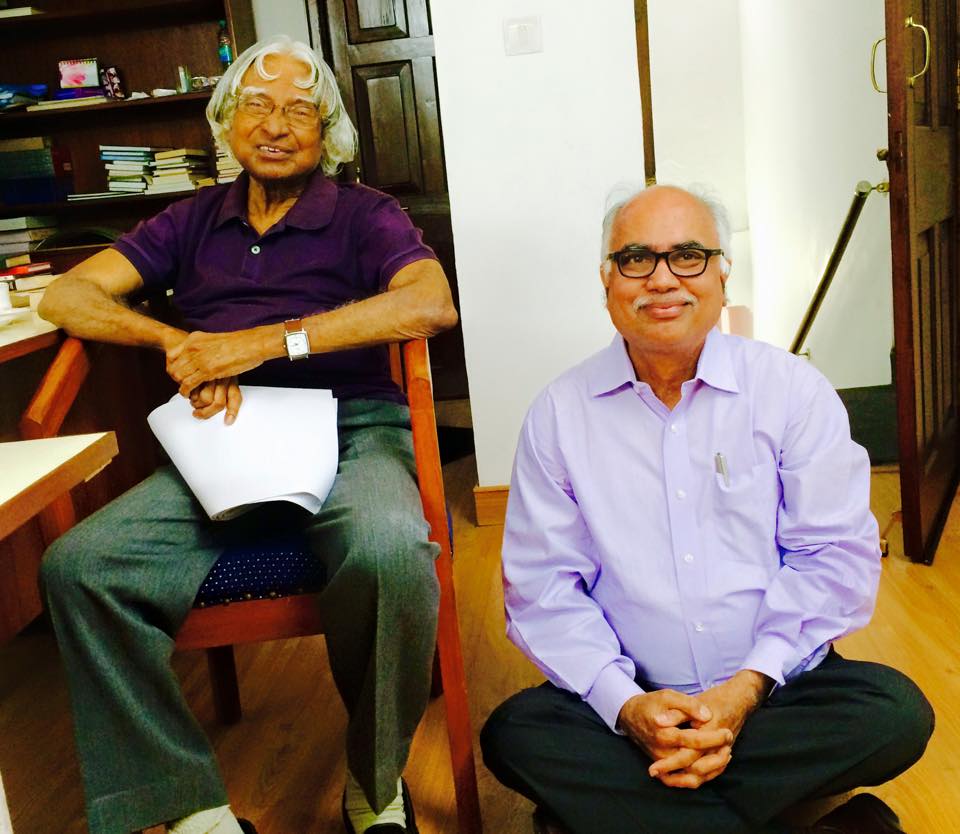The third Law of Success is the Habit of Saving. बचत बिना, बढ़त नहीं। Life interferes, money slips through the cracks, and before you know it, the end of the month has arrived, and you are no closer to saving anything than when you started. शायर अब्दुल अहद साज़ ने कहा है, “इन्ही दो से आबाद हर इक का घर है, कमाना है फ़न और बचाना हुनर है।”
लोग इस झूठे विश्वास के तले असफल जीवन जीते हैं कि वे सफल होने के बाद बचाएंगे।
Saving is not about what to do with extra money, it is about how to manage with the little money you have without fully exhausting it. अपने पास के केवल सौ रुपये में से दस रुपये बचा लेना असली बचत है। ना कि अपनी एक लाख रुपये की आय में से बिना जरूरत के अतिरिक्त दस हजार बैंक में जमा करना।
बचत की आदत आपको सिखाती है कि आप अपनी आय को व्यवस्थित रूप से कितना और कैसे खर्च करें ताकि इसका एक निश्चित प्रतिशत लगातार जमा होता जाए, इस प्रकार जमा हुआ धन व्यक्तिगत शक्ति का सबसे बड़ा ज्ञात स्रोत बन जाता है। No one can succeed in life without saving money. There is no exception to this rule, and no one can escape it.
My father used to follow the rule of saving 1% of his monthly income and increasing it by 1% each month. Though I never dared ask him his salary, I guessed from the five-rupee green note he kept aside on his salary day that he must be earning around Rupees 500 per month. So he saved Rupees 5 the first month, Rupees 10 the second month, Rupees 15 the third month, and so on.
हमारे घर की एकमात्र लोकतांत्रिक व्यवस्था हर बड़ी खरीद पर एक बहस होना थी – उदाहरण के लिए, एक और पंखा, नया प्रेशर कुकर, जूते की एक नई जोड़ी – और ज्यादातर यह अगले महीने खरीदेंगें के निर्णय पर खत्म हो जाती थी।
Make sure your purchases are in line with what you want in life.
Ask yourself if your spending is bringing you happiness or bringing you closer to your goals. Whatever your vices are, the point is to stop buying things thoughtlessly. If it is not a necessity like food, water, and shelter, and it is not making you any happier or helping you, cut down that expense. आपका उपभोग आपकी बचत का जानी दुश्मन है। शायर फ़रहत एहसास के लफ्जों में, “बेचा है कौड़ियों के मोल अपना माल सारा, और इस तरह ख़ुद अपनी बढ़ती खपत से निकले।”
One of the most straightforward ways to decide on a purchase is to determine how many hours of work it will take you to afford it. For example, if you earn Rupees 30,000 a month, which comes to Rupees 1000 a day, and you want to buy a dress, shoes, or a purse costing Rs.2000, you should think about whether that dress, shoes or purse is worth two days of your work. इस बारे में सोचें कि शराब की एक बोतल के बदले कितने लीटर दूध खरीदा जा सकता है? अपने आप से पूछें कि आप जो सौंदर्य प्रसाधन पहन रहे हैं, उनसे किसे आकर्षित करने की कोशिश कर रहे हैं? You are not your body. You are a soul having this body now. सुन्दरता खरीद कर चिपकाने की चीज नहीं, नूर की बूंद है, बचाने की चीज है।

